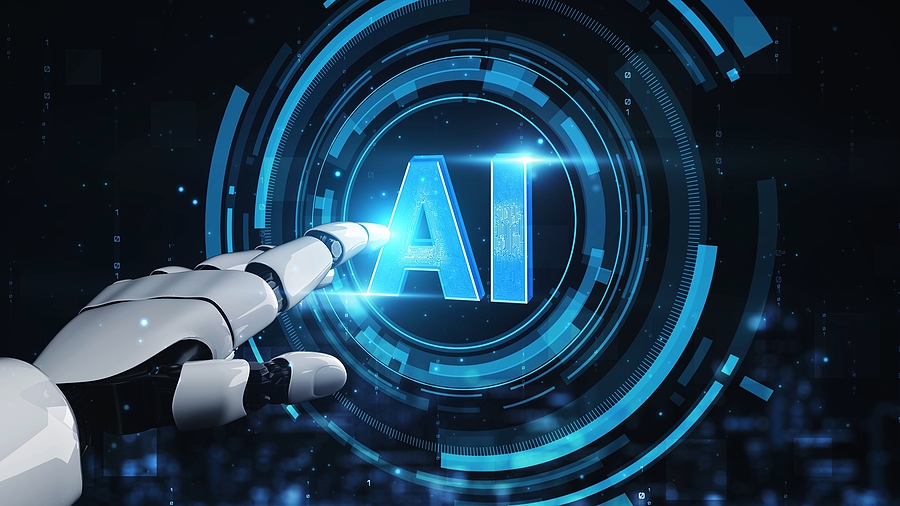There’s a principle that keeps a free market free: You can’t take what isn’t yours and sell it as your own. Yet, that is precisely what some of the most prominent players in artificial intelligence are doing.
OpenAI’s new “Sora 2” can generate movie-quality video from a text prompt. It’s a remarkable technological leap and a breathtaking moral one. Reports across Hollywood show that Sora has been trained on massive libraries of film, television and visual media. Those works were created, financed and protected under copyright law. None were offered up as free fuel for an algorithm that now threatens to replace the people who made them.
This isn’t innovation. It’s creative arbitrage, and it’s hollowing out the incentives that keep artistic markets alive.
Charles Rivkin, the chairman of the Motion Picture Association, put it plainly: “You can’t build a new business model on stolen property.”
He’s right. The rules that protect ownership aren’t outdated relics; they’re the foundation of capitalism. Without enforceable property rights, we don’t have a free market. We have digital squatting.
The champions of unfettered AI talk as though copyright law is a nuisance, something quaint and obsolete. They argue that because their systems are “learning,” not copying, no harm is done. That’s convenient logic for trillion-dollar firms whose data centers are built on other people’s creative labor. When a model ingests millions of copyrighted films to learn “style,” that is not education. It’s a replication without permission.
The harm isn’t theoretical. Agencies such as Creative Artists Agency have warned clients that Sora poses a significant risk to their work and livelihoods. Independent filmmakers and writers now face a new kind of piracy; their content duplicated in seconds, stripped of context, and monetized by companies that never paid to make it. The result is a marketplace where creativity is devalued and ownership is optional.
This isn’t just about Hollywood. AI that can copy a star’s face or voice can just as easily target anyone else. A jealous ex, a bitter coworker, or some random troll online could use these tools to impersonate, embarrass or ruin someone’s reputation. Lawmakers need to be alert and protect not only creative property but also every person’s right to their image and identity.
This is where the free market begins to crack. Markets depend on fair exchange, the idea that you can create something, own it, and sell it without someone else taking it. When that collapses, competition dies. Small studios cannot compete with free. Individual artists cannot license what has already been copied.
Consumers lose, too, because quality follows incentive, and without incentive, all that’s left is noise.
The irony is that the same companies celebrating AI as the future of creativity are relying on an economic model that would never survive in any other industry. Imagine a pharmaceutical firm that copied a competitor’s formula and called it “learning chemistry.” Or, a startup that mined a carmaker’s blueprints and claimed fair use. In every other context, we would call it theft.
Technology should expand markets, not destroy them. A functioning economy rewards creators, respects ownership and holds everyone — including tech giants — to the same standard. No artist should have to compete against their own unpaid clone.
This doesn’t require heavy-handed regulation. It requires accountability. Policymakers should make clear that copyright applies whether infringement is committed by a human or by code. AI developers who train on protected works should pay for access just as film studios pay for music rights or image libraries. Transparency must also be nonnegotiable. Consumers and creators deserve to know when a model’s “original” output is built on unlicensed input.
Innovation has always flourished when property rights are secure. The same principle that protects a musician’s royalties or an author’s manuscript should protect the digital assets of the creative class. There’s nothing anti-tech about insisting that invention and fairness coexist.
If the United States wants to lead in AI, it must lead with integrity. We can celebrate the promise of these tools while rejecting a system that treats creators as raw material. Letting AI companies rewrite the rules of ownership is not a path to prosperity. It’s a shortcut to monopoly.
Creativity is not an infinite resource. It relies on human effort, investment and the expectation of reward. When that disappears, so does the next generation of innovation. Protecting that cycle isn’t nostalgia for Hollywood. It’s how we keep markets free, accountable and human.
That is the real choice before us. Either we defend the principle that work has value, or we surrender to an economy where value is whatever an algorithm can copy.


